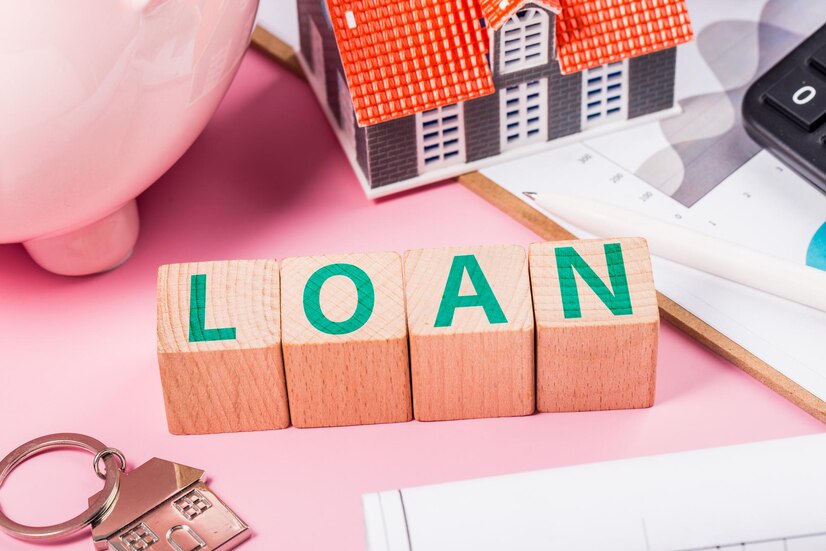What Hard Money Lenders Look for in Borrowers?


Hard money loans are asset-based loans secured by real estate, making them ideal for borrowers needing quick financing. Unlike traditional loans, hard money loans prioritize the property’s value over the borrower’s credit history. Key requirements include substantial property equity, a down payment of 20-40%, a strong exit plan, and financial stability. Lenders also consider the property’s current condition and market trends. To improve approval chances, borrowers should have liquid reserves, a credit score of 550+, and a proven investment history. Interest rates for 2024 range from 9.5-12%. By meeting these criteria, borrowers can secure favorable loan terms. For expert guidance, contact Munshi Biz.
How to Refinance a Hard Money Loan: A Step-by-Step Guide


Hard money loans have become a popular short-term financing option for real estate investors, with 30% of these loans being refinanced within two years. Refinancing offers numerous benefits, including improved loan terms, debt consolidation, lower interest rates, and extended repayment periods. It’s ideal for investors looking to complete rehab projects, purchase additional properties, or avoid high-interest balloon payments. To refinance, borrowers must meet eligibility criteria such as a minimum credit score of 620, a sufficient loan-to-value ratio, and income verification. The process involves evaluating your financial situation, gathering documents, comparing lenders, and choosing the best loan offer. Refinancing a hard money loan strategically helps investors secure long-term funding and optimize cash flow for future investments.
2024 Jumbo Loan Down Payment Requirements: Tips for Homebuyers


Jumbo loans are mortgages for high-value homes that exceed the Federal Housing Finance Agency’s (FHFA) conforming loan limits, set at $766,550 in 2024. While traditionally requiring a 20% down payment, some lenders now offer jumbo loans with as low as 5% down. Key factors influencing down payments include loan size, credit score, income, and lender policies. Borrowers can improve terms by enhancing credit scores, saving diligently, exploring various lenders, and considering down payment assistance programs. Though jumbo loans do not require private mortgage insurance (PMI), they involve stricter qualifications and higher closing costs. Refinancing is also an option for borrowers seeking better terms. To navigate jumbo loans effectively, consult an experienced mortgage lender for tailored advice.
Conventional Loan vs Jumbo Loan: Which Mortgage Option Suits You Best?


When buying a home, understanding the differences between conventional and jumbo loans is crucial. Conventional loans are government-backed, ideal for first-time buyers with conforming loan limits and flexible down payment options. Jumbo loans, on the other hand, cater to high-priced properties that exceed conforming loan limits, typically requiring stricter qualifications, higher down payments, and slightly higher interest rates. While conventional loans offer more flexibility, jumbo loans are necessary for luxury homes in expensive markets. Assess your financial situation, down payment capacity, and long-term goals to choose the best option. Consult a mortgage expert to guide you through the process efficiently.
Jumbo vs Super Jumbo Mortgages: A Comprehensive Guide for Homebuyers


Jumbo and super jumbo loans offer financing options for buyers seeking luxury homes in high-priced markets like New York and Los Angeles. A jumbo loan exceeds the conforming loan limit of $726,200, while a super jumbo loan typically starts at $3 million. Both require strong financial qualifications, such as excellent credit, substantial down payments, and proof of income. While jumbo loans are more widely available, super jumbo loans cater to ultra-high-net-worth buyers. Despite higher interest rates and a complex application process, these loans allow affluent buyers to purchase premium properties. Choosing between the two depends on the home’s price and your financial situation. For expert advice and to find the right lender, contact munshi.biz today.
Home loan without W2, Pay Stubs or tax returns


No-doc mortgages, also known as stated-income loans, are tailored for individuals with unconventional income sources, such as the self-employed, investors, or those with inconsistent income. These loans require minimal documentation compared to traditional or FHA loans, which typically demand pay stubs, W-2s, and tax returns. Instead, lenders assess creditworthiness using bank statements, assets, or projected earnings from properties. Types of no-doc loans include SISA, SIVA, NIVA, NINA, and NINJA, each with different verification levels. While no-doc loans have higher interest rates and down payment requirements, they provide a viable option for those facing challenges with conventional mortgage applications. Borrowers can enhance their chances by improving credit profiles, working with specialized lenders, or adding co-signers. Munshi.Biz offers customized no-doc mortgage solutions, making homeownership accessible to aspiring buyers with complex financial profiles.
